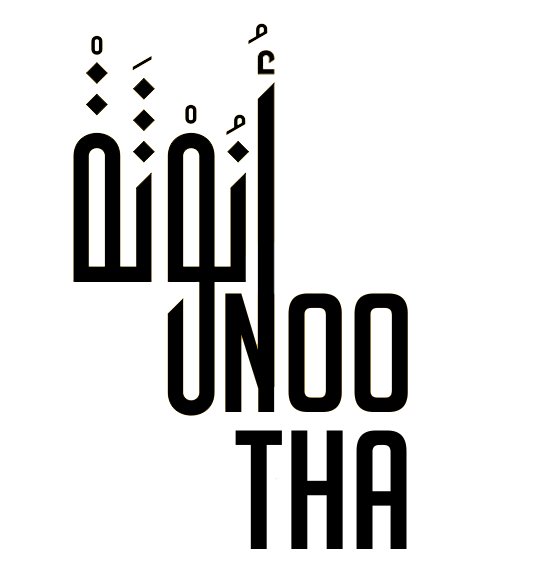Identity on the Other Side of the Hemisphere
by Halima Zaghbib
Photograph courtesy of Halima Zaghbib.
Sign of resistance, resistance against every and any imposed identity denial. A grouping of colors, patterns and styles, all in order to maintain unicity and, most importantly, identity without failing to adapt to the rules of modernity – in its own way. The Kabyle dress holds a deeper meaning than a simple traditional dress worn in special events like weddings. Every variation hides a meaning behind it: some dresses reach above the ankles in some places, because women who live there are farmers and cultivate olives and need to step (with their feet) on the olives to extract the best quality oil from their cores, some have a larger chest area for older women to hide their valuables (meagre savings, jewelry or even fruits brought from their fields)…
With that knowledge in mind, it felt like a must for me to pack one of my Kabyle dresses with me on one of my trips a few years ago, more than 7 800 KM away from home.
I’ve always believed that one’s physical appearance can showcase their beliefs, culture and interests to a certain extent. Unconsciously, I wanted to do just that when I had packed my dress. I wanted to be a representative of my culture and of the tribes I descend from. Not because I’m proud of being born with Kabyle origins – I can’t be proud of something I didn’t do myself; I didn’t choose my inheritance – but because my origins affect my perspectives and thus personality.
I didn’t think much of it when I wore it to the closing ceremony of a program I had attended in the city of Iowa in the United States, but receiving compliments and questions about my outfit made me reevaluate so many things about myself and my identity. I enjoyed showcasing where I come from, but, at the same time, I couldn’t help but to start to feel odd.
The Kabyle culture, although I was raised with most of its values, wasn’t a part of my daily life and yet, I still embraced the fact that I belong to it. This idea, in my opinion and after a few reflections, was what we may consider strange – or at least it was for me. Having other people intrigued by my attitude towards the dress didn’t make sense to me: I thought it was normal as I’ve always been surrounded by people introducing tradition into their daily lives (even if it wasn’t exactly my case, nor my family’s), but encountering individuals on that trip with a completely different vision about the matter, I started to question my way of life.
The dress was just that: a dress. The meaning behind it was related to history, like most cultural resources. I wore it several times before, it wasn’t the first time that non-Algerians saw me wearing it, and yet, that one time felt special. I couldn’t help but ask myself “was I trying to prove a point to myself?”. I was. I wanted to brag to my own self that I liked my heritage and I feel privileged to be a part of it – despite the oddness.
Fast forward a few months after the event took place. I woke up one day to my phone buzzing repeatedly because of some Instagram notifications. My friends were sending me the same post – a picture of me from the event where I was hugging a friend of mine and flashing my biggest smile. The said picture was not only posted on the organization’s social media, but also on their official website. I automatically thought, “They want to advertise the diversity of the program for future participants,” and brushed off the thought. Then again, that emphasized the oddness I felt during the closing ceremony.
With everything that that dress represents to me as a descendant of the Kabyle tribes, in addition to my own persona who enjoys a little extravagance, it wasn’t obvious to me that I was being accredited for embracing some parts of my identity that I didn’t have a say in.
I may have taken the subject too far, but seeing my picture, I remembered how everyone thinks and says (and it’s true) that sometimes, a place isn’t bordered by some geographic coordinates and it can be a person or a feeling, like being home.
When I saw my picture, I thought that the dress was a manner for me to transport an idea to the other side. That dress didn’t care about its location, it spoke for itself and stood out on its own. It had its own borders and made me feel included, in a very special and uncommon way, but included nonetheless – both within the group of participants of the program with their retro yet beautiful Western outfits but also within the populations I descend from, even with a 7 800 KM distance.
Halima Zaghbib is an energy ball from the so-historic Algiers. She enjoys walking her dog and reading what she wrote to him. Advocating for animal rights and women empowerment are the focus of her inspirations and she hopes her voice can reach her desired aim someday.

